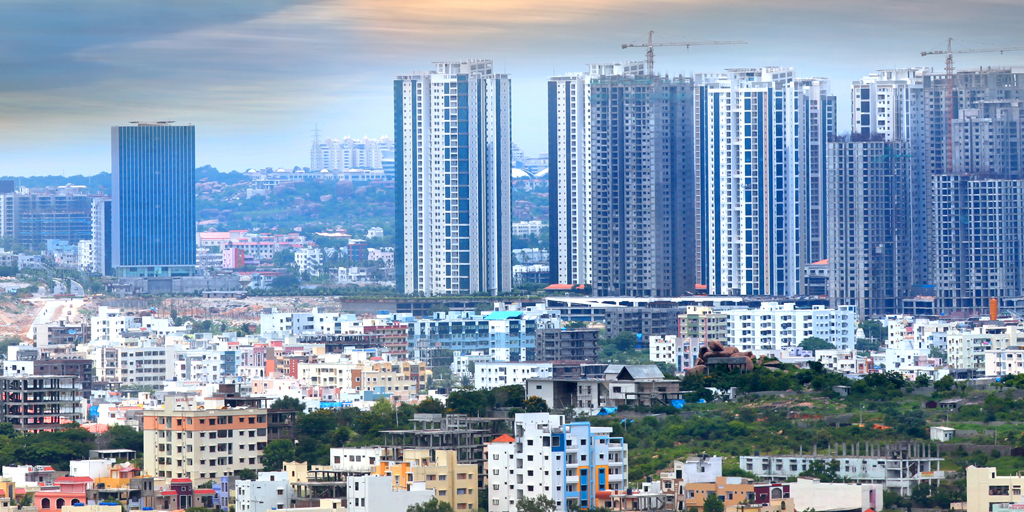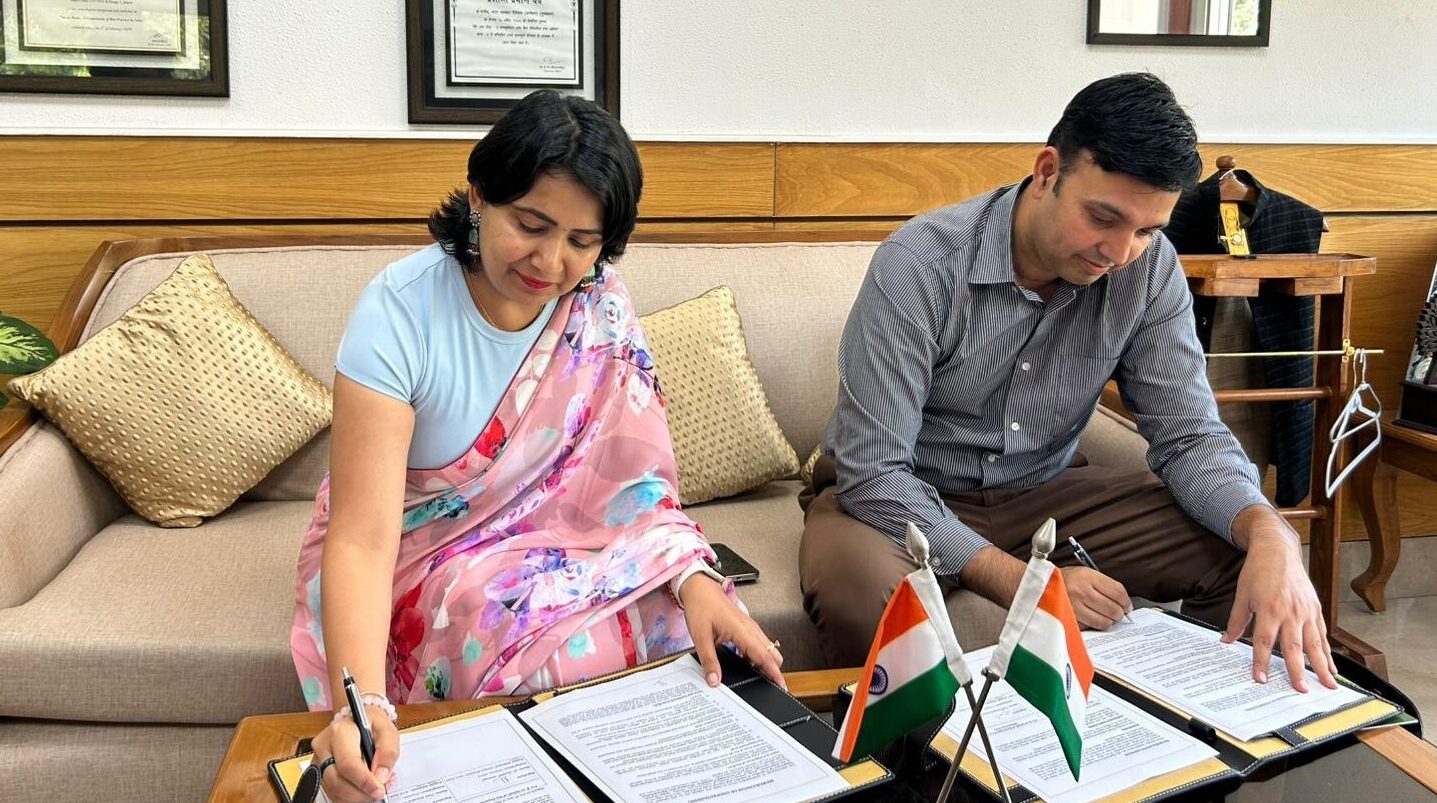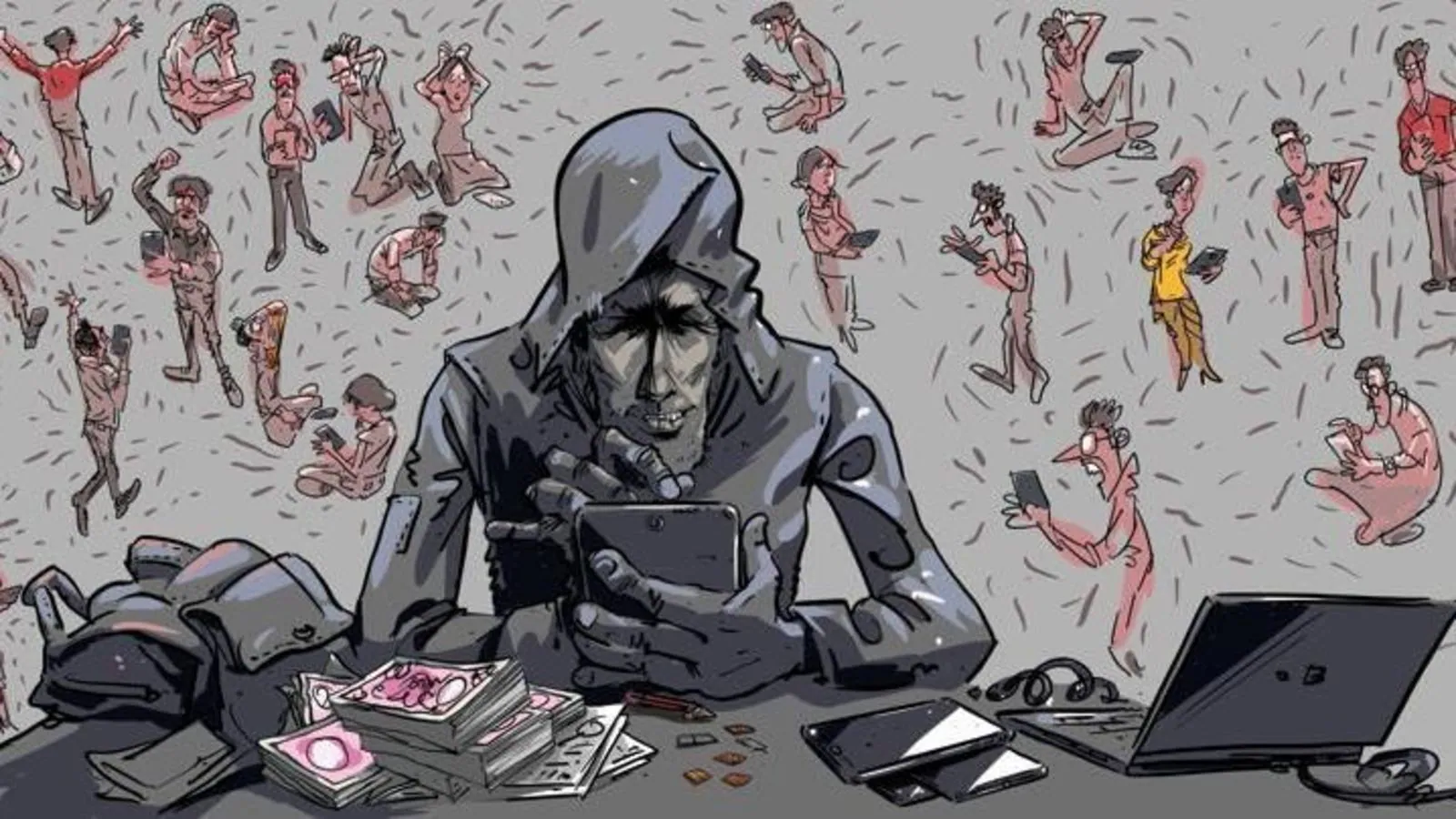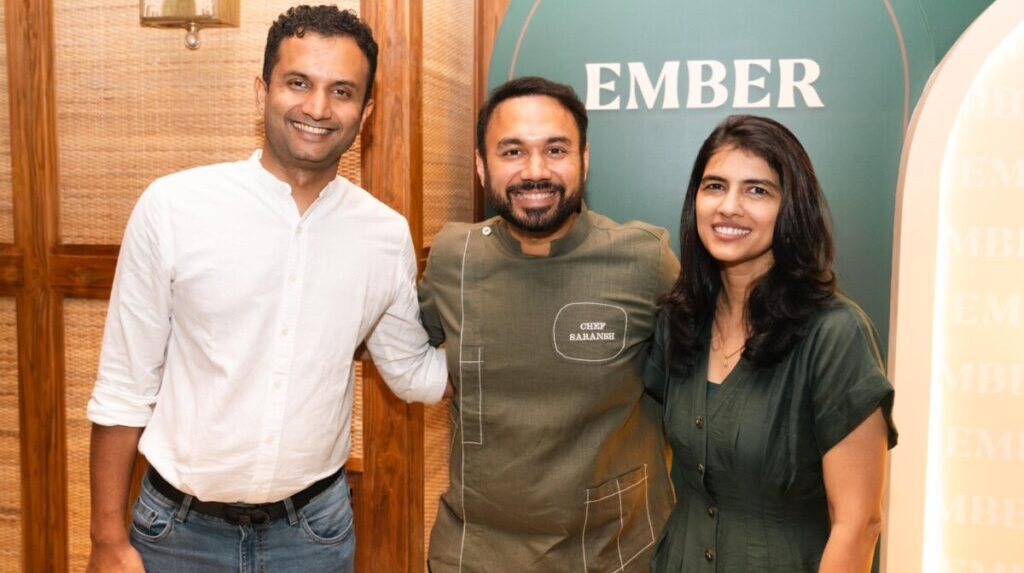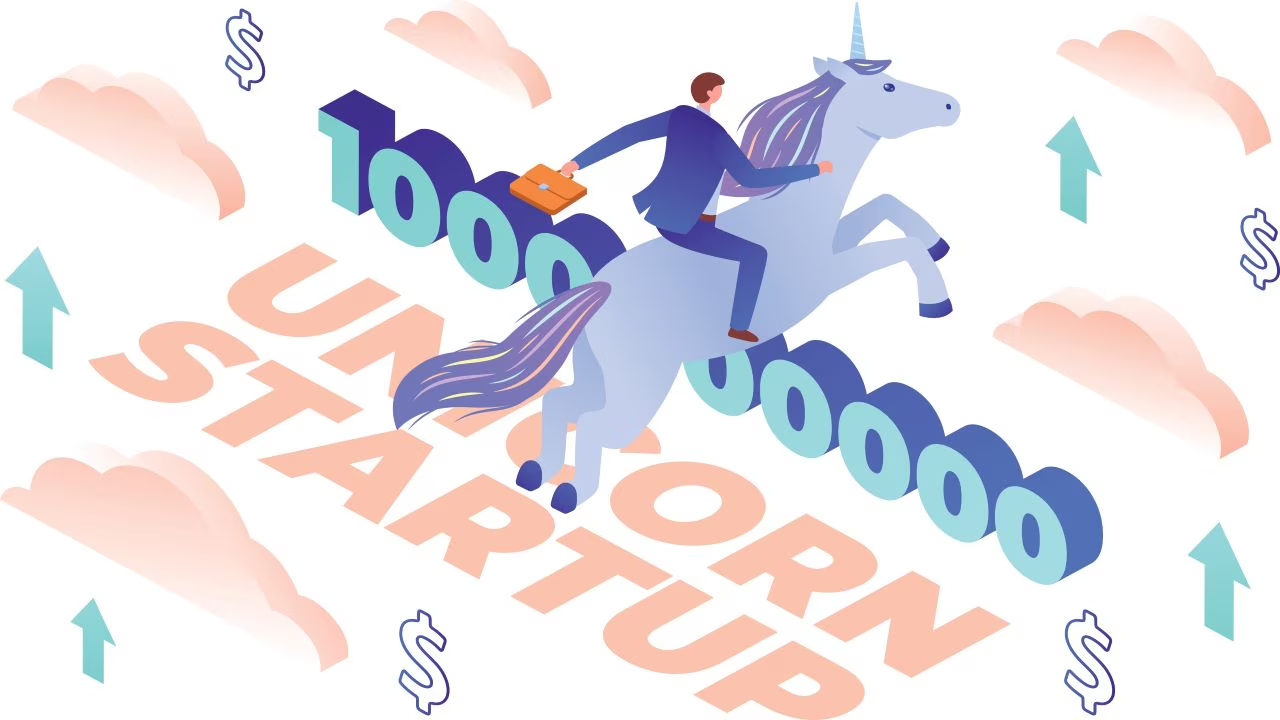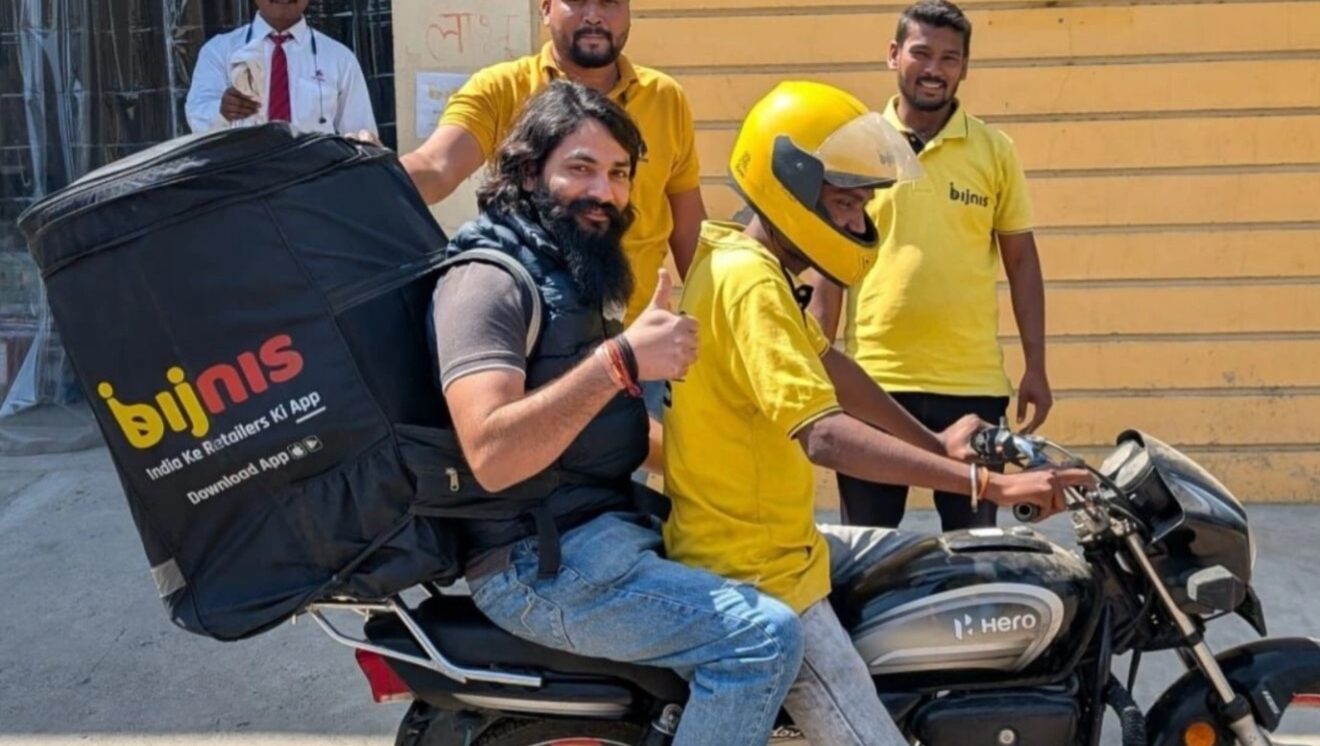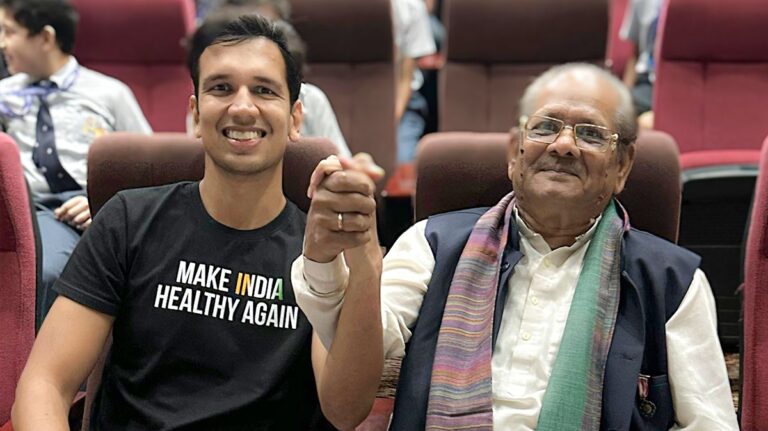A recent Reddit post by a user critiquing the treatment of delivery workers in India has ignited a widespread discussion across the internet. The post highlights the harsh realities faced by delivery personnel working for platforms like Zomato.
The author of the post, an upper-middle-class entrepreneur, decided to work as a Zomato delivery person for a weekend to gain perspective after a personal setback. His experiences made him realize the bleak reality of being a Gig Economy worker in India.
The experience was described as both humbling and eye-opening, as the author encountered numerous challenges faced by delivery workers in India. Delivery personnel frequently endure rudeness and a lack of basic courtesy from customers, particularly from housewives. Many buildings do not have elevators, forcing workers to climb several flights of stairs for each delivery, while hotel staff can often be dismissive or unfriendly. The physical demands of the job are intense, especially under harsh conditions like the summer heat.
Despite these hardships, the author’s earnings for the weekend were meager—less than what he typically charges for just five minutes of consulting—highlighting the financial insecurity inherent in such work. Ultimately, the post urges those in more comfortable positions to experience this kind of work firsthand, not for show, but to develop genuine empathy and understanding for the people who perform these essential yet undervalued jobs.
Another Such Incident
However, this was not the first the condition of delivery workers became a topic of discussion. In August 2024, A Delhi-based influencer named “munna_kumarguddu” recently shared a video on Instagram showing the process and challenges of earning Rs 20 as a Zomato delivery boy.
The video begins with him accepting an order and travelling 1.5 km to the restaurant to pick up the food. Afterwards, he travels 650 meters to deliver the order, earning Rs 20 for his effort.
Zwigato
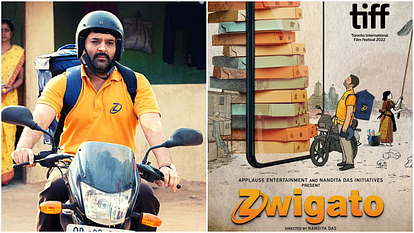
Nandita Das’s directorial film Zwigato features Kapil Sharma in the lead role as Manas, a food delivery rider, and offers a poignant and realistic portrayal of the lives of delivery workers in India—echoing the struggles faced by those working for platforms like Zomato and Swiggy. The film is set in Bhubaneswar and follows Manas, who, after losing his job as a factory supervisor during the pandemic, is forced to take up work as a delivery boy to support his family. The narrative delves into the everyday realities of gig workers: chasing ratings and incentives, facing financial insecurity, and navigating the pressures of supporting a family amid economic hardship.
Deepinder Goyal’ Delivery Experience
Zomato’s CEO Deepinder Goyal and his wife, became Zomato delivery agents for a day to understand the plight of delivery boys. During one delivery at Ambience Mall in Gurugram, Goyal was denied entry through the main entrance and was instructed by security to use the service stairs—a common experience for delivery personnel. He highlighted this incident as an example of the lack of basic amenities and respect afforded to delivery agents, calling for malls and businesses to treat delivery partners more humanely.
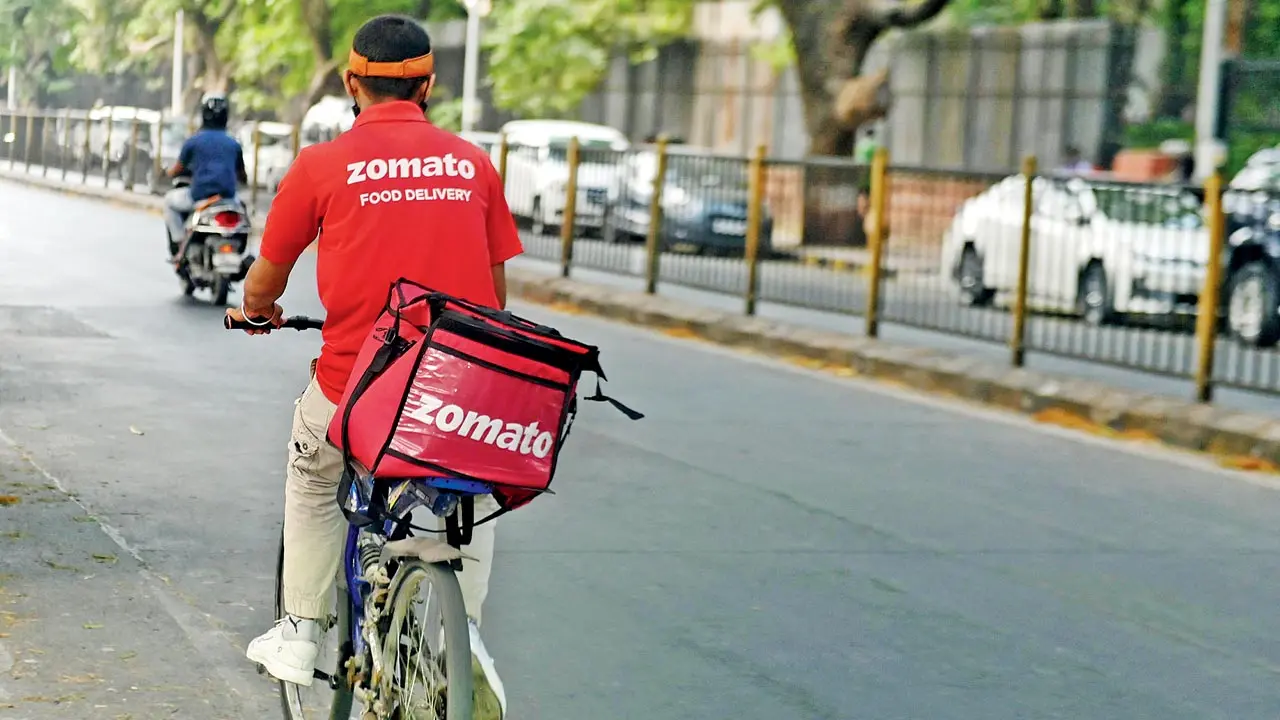
In a study conducted by The International Journal of Indian Psychology, it is revealed that out of 300 delivery agents, 1/3rd face some form of abuse in their work life by the customers.
| Type of Abuse | Number of Food Delivery Workers | Percentage |
|---|---|---|
| Financial | 28 | 28% |
| Verbal | 59 | 59% |
| Financial & Verbal | 13 | 13% |
| Total | 100 | 100% |
Factor behind abuse for each type faced by the delivery agents is as follows:
- Financial abuse – 53.5% fake orders.
- Verbal abuse – 61% delay in delivery.
- Financial & verbal abuse – 46.1% reason unknow. Although, 38.4% faced the abuse due to fake orders.
Conclusion
While India’s Gig Economy is lauded for its scalability and consumer satisfaction, E-commerce platforms still require more than operational efficiency—it will demand a business model that integrates empathy, accountability, and long-overdue protections for the workers driving the engine of this digital economy.
ALSO READ : Indian Startups : Why the Focus Should Shift from Food Delivery to Tech Startup










